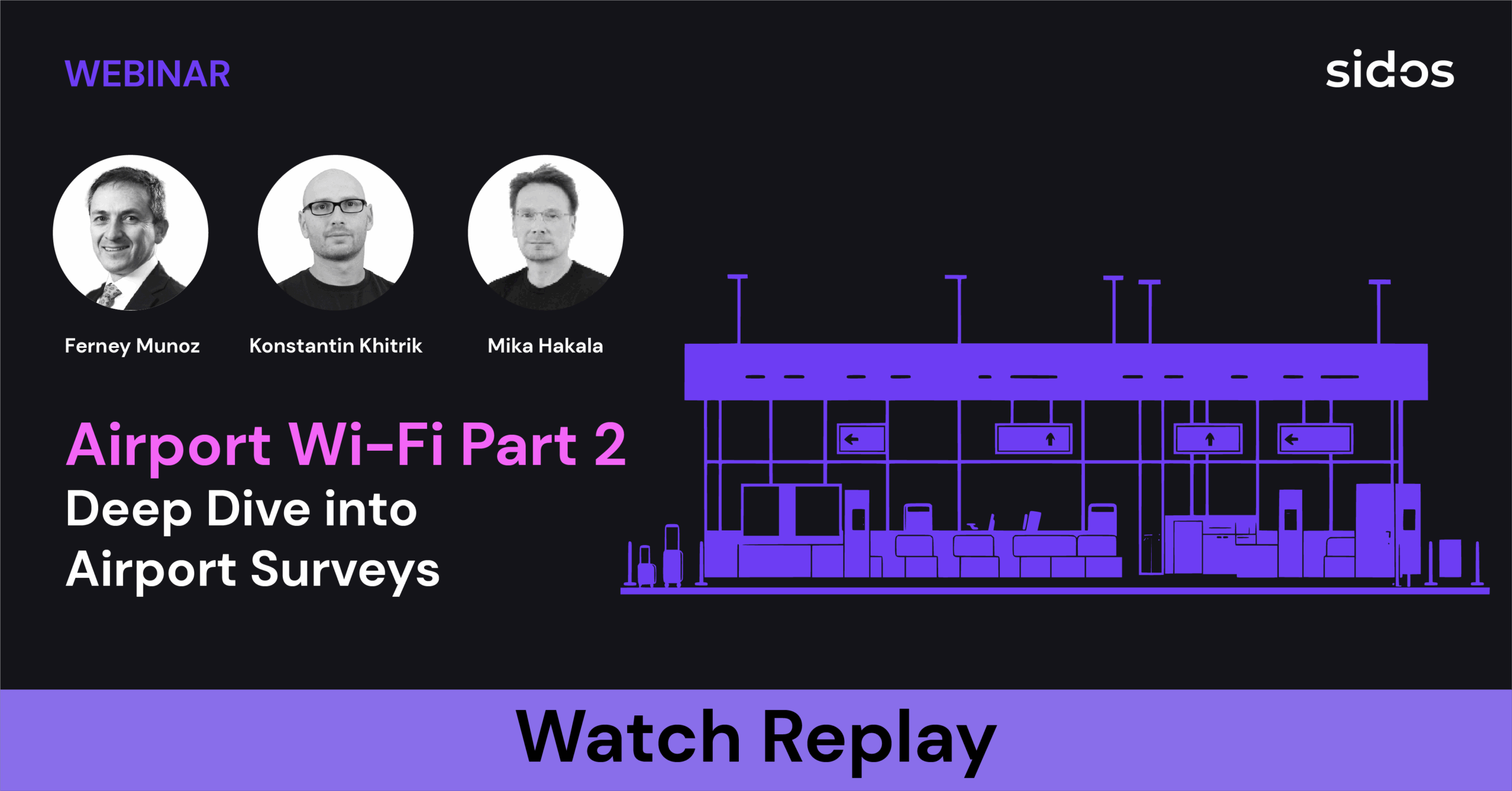Modern enterprise Wi‑Fi networks can benefit significantly from automated RF management, especially in dynamic or high-density environments. Cisco’s Radio Resource Management (RRM) engine is designed to intelligently monitor real-time RF Due to popular demand, we are hosting a second session dedicated exclusively to Wi-Fi surveys across major international airports.
You will see details of Wi-Fi deployments at:
- ORD – Chicago O’Hare International (Terminal 5) – Cisco Systems
- MKE – Milwaukee Mitchell International (Concourse D) – Cisco Systems
- YYZ – Toronto Pearson International (Terminal 3) – Cisco Systems
- LIM – Lima Jorge Chavez International (Main Terminal) – Ruckus Wireless
- SLC – Salt Lake City International (Concourse A & B) – HPE
- BOG – Bogota El Dorado International (Terminal 1) – Ruckus Wireless
- PHX – Phoenix Sky Harbor International (Terminal 4) – Cisco Systems
- DEN – Denver International (Terminal B) – Cisco Systems
- DEN – Denver International (Terminal B SkyFi Security) – HPE
- DFW – Dallas Fort Worth International (Terminal A and C) – Cisco Systems
- SJC – San Jose Mineta International (Terminal A) – Cisco Meraki
Key topics covered:
- Regulatory Domains and Compliance Considerations
- Dynamic Frequency Selection (DFS) Channel Utilization
- Antenna Types and Their Deployment Strategies
- Transmit Power Optimization
- Wi-Fi 6E (6 GHz) Adoption Insights and Challenges
- Channel Width Configurations and Best Practices
- Spectrum Management for High-Density Environments
- Impact and Management of Overlapping Basic Service Sets (OBSS)
- Passpoint (Hotspot 2.0) Implementation in Airports
- Trends in In-Airplane Wi-Fi and Passenger Expectations
- Wi-Fi Monetization
The first Wi-Fi Airport Webinar replay can be found here.




